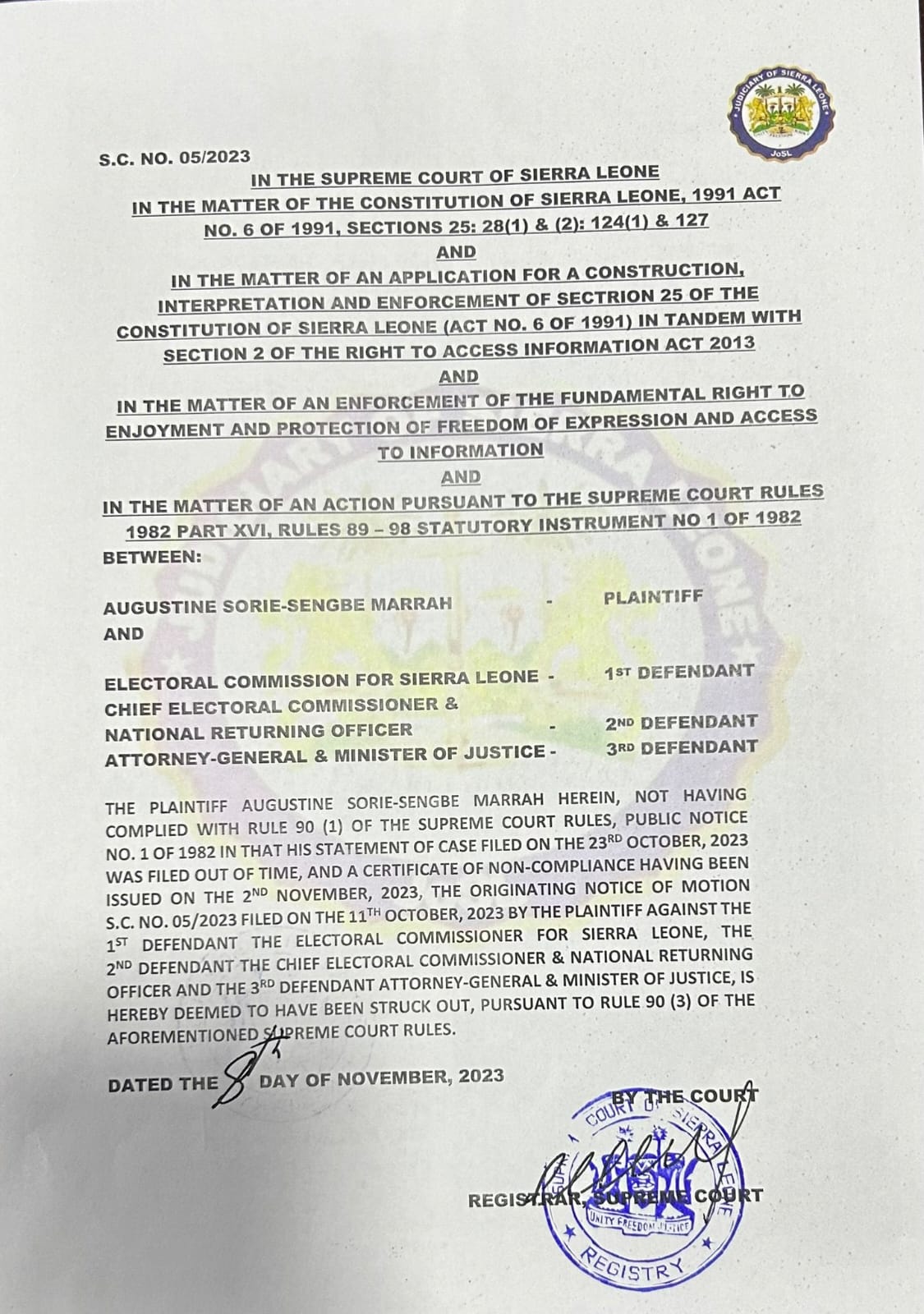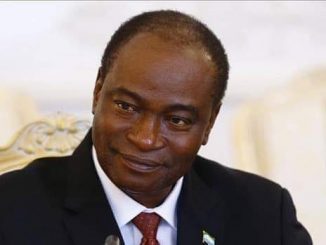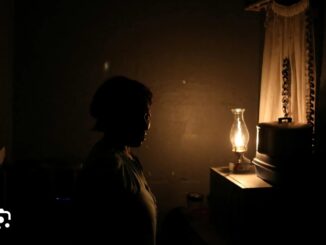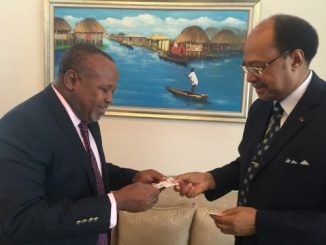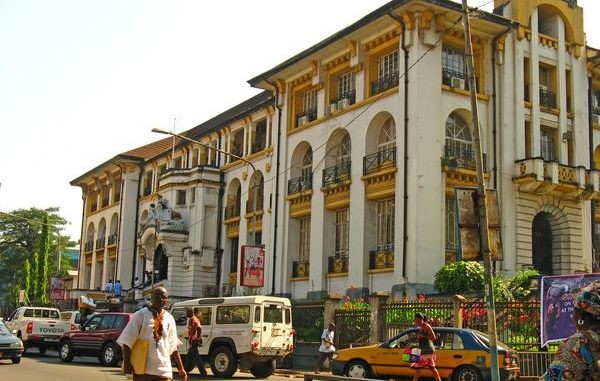
SIERRA LEONE’S SUPREME COURT IS CORRUPT AND USELESS -No wonder nobody trusts our judiciary any more and no wonder the APC decided to boycott governance, instead of going to the Supreme Court after the SLPP rigged the Presidential and General Elections. Lawyer Sorie Sengeh-Marrah’s case has been thrown out by the Supreme Court for non-compliance with the Supreme Court Rules 1982. The Supreme Court ruled that Marrah did not comply with Rule 90 (1) of the Supreme Court Rules and filed his statement of case out of time.
Marrah filed a case against the Electoral Commission for Sierra Leone (ECSL), Chief Electoral Commissioner, and Attorney General and Minister of Justice . His case hinged on him being denied by the ECSL his request for access to disaggregated election results otherwise known as Results Reconciliation Forms (RRFs), for the Presidential, Parliamentary, and Local Council Elections held on June 24, 2023.
Marrah contends that the ECSL’s refusal to grant him access to the disaggregated polling station results is a violation of his constitutionally guaranteed right to freedom of expression and access to information, as enshrined in Section 25 of the Constitution of Sierra Leone. Marrah prayed the Supreme Court to intervene and order the ECSL to provide him with the original copies of all 11,712 polling station results within seven days of the order.
But knowing how corrupt and lacking in judicial and moral integrity the Supreme Court is, Sierra Leoneans knew all along that Marrah’s was a futile quest and the corrupt and compromised Supreme Court would side with the Elections Commission and the SLPP Government to throw the case out. When it finally happened, nobody was surprised. Rather, Sierra Leoneans adopted the ‘I-told-you-so ‘ posture and exonerated the opposition All People’s Congress ( APC) for not taking their protest against the rigged elections to the Supreme Court.
*August Sorie-Sengeh Marrah*
A combined reading of Section 36 of the Interpretation Act 1971 and Order 3, Rule 4 of the High Court Rules 2007 in summary, is that if the last day of the time required to do an act falls on a day on which the office is closed, the act or thing shall be done IN TIME on the next day on which the office is open.
My Statement of Case was required to be filed within 10 days from 11th October 23. The tenth day of that period was Saturday 21st. My Statement of Case was filed on 23rd Oct, the immediate next business day of the Supreme Court Registry. It is therefore mischievously erroneous to say and 17 days after the arguments were filed that I did not comply with the Rules.
When these things happen in our democracy, they reinforce people’s misgivings and trepidations about the judiciary and our justice system. Those (including me) who criticised the opposition’s defiance not to seek legal redress in the courts of Sierra Leone might owe them an apology. Maybe, just maybe the doubting Thomases and the Debbie Downers were right about justice being in stark scarcity for some!
When citizens resolve to settle their differences in governance through legal means, we must not scuttle their efforts to enhance our democracy. The doors of justice must be open to all and we must not be in a hurry to shut litigants out on flawed technical hankering.

